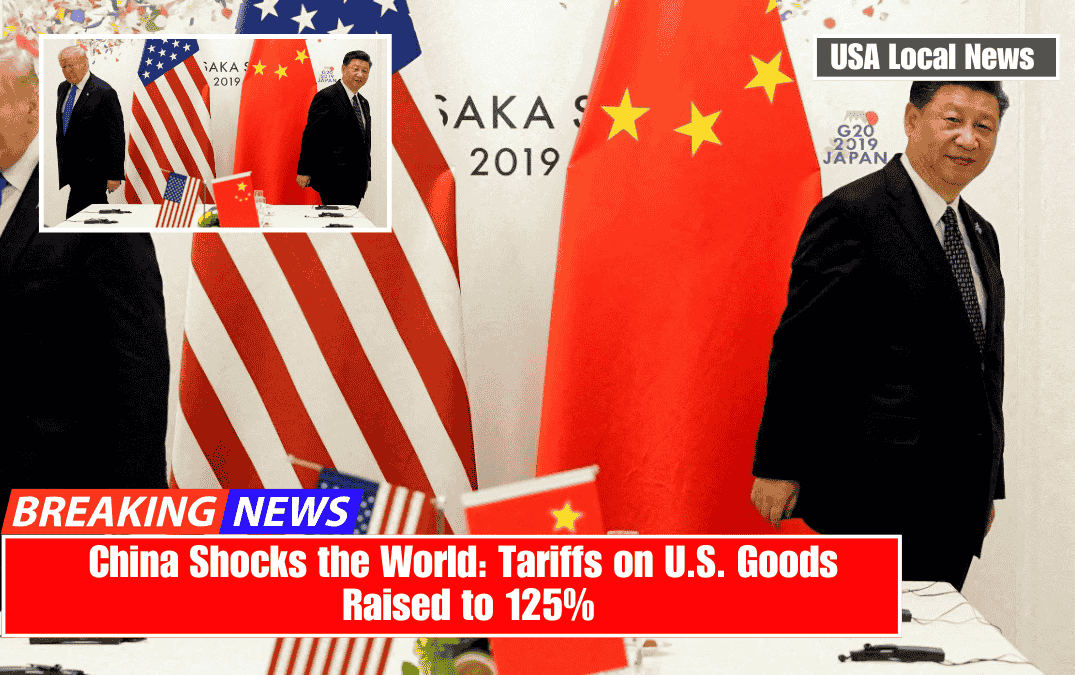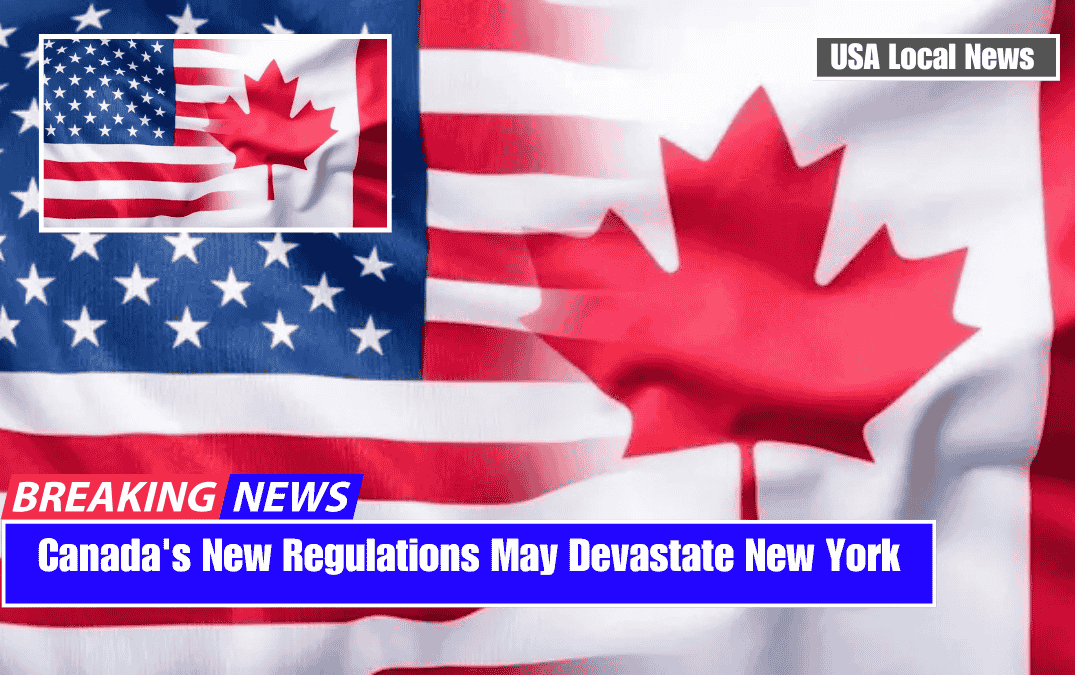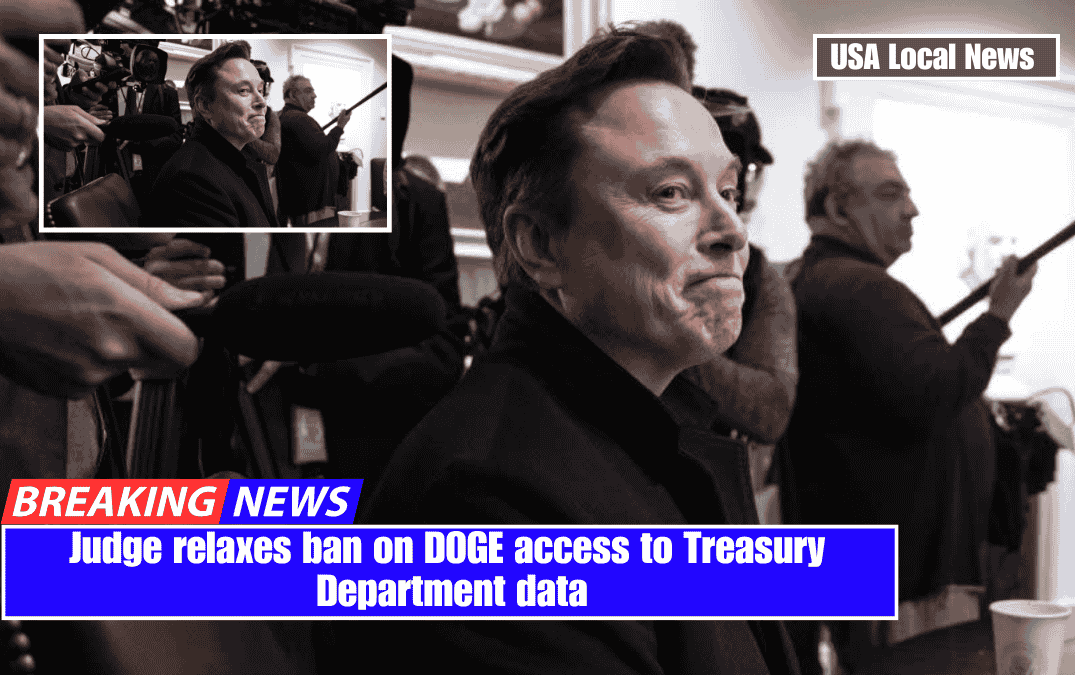China announced Friday that it would raise tariffs on US goods from 84% to 125%, the latest development in the two countries’ escalating trade war. It stated that the higher tariffs would take effect on Saturday.
“The U.S.’ arbitrary imposition of abnormally high tariffs on China seriously violates international economic and trade rules, disregards the post-World War II global economic order built by the U.S. itself, and violates basic economic laws and common sense,” said a statement issued by China’s Finance Ministry.
The statement referred to rising US tariffs as “a joke” and stated that it would not respond to any future US tariff increases.
“If the U.S. continues to impose higher tariffs, it will no longer make economic sense and will become a joke in the history of world economy,” according to China’s announcement. “At the current tariff rate, there is no market acceptance for US goods exported to China.”
If the United States continues to play the tariff numbers game, China will disregard it. However, if the US continues to significantly infringe on China’s interests, China will resolutely counterattack and fight until the end.”
The Associated Press reported that President Trump’s universal tariffs on China now total 145%. Mr. Trump’s announcement of higher tariffs on China earlier this week did not include a 20% tariff based on the country’s role in fentanyl production, according to the AP.
China’s Finance Ministry also announced on Friday that it had filed another complaint with the World Trade Organization regarding US tariffs, according to Reuters.
Following China’s announcement, the three major European stock indexes fell after initially rising marginally.
“Recession risk is much, much higher now than it was a couple weeks ago,” Adam Hetts, Janus Henderson’s global head of multi-asset, told Reuters.
On Wednesday, President Trump suspended “reciprocal tariffs” on dozens of countries for 90 days while raising levies on Chinese imports. The move came after a five-day decline in U.S. and global financial markets, with investors sending a clear message to the White House about their concerns about the direction of American trade policy.
According to market analysts, Mr. Trump’s decision this week to suspend the majority of the tariffs indicates that he is willing to negotiate. However, given the two countries’ escalating trade war, lowering the temperature with Beijing is unlikely to be easy.
“The fact that China keeps retaliating in kind suggests that its leadership is less eager to settle,” analysts from investment advisory firm Capital Economics told investors in a research note on Friday, following China’s decision to raise tariffs on the United States.
“They’d probably agree to a symmetrical rollback in exchange for something free, such as starting talks. However, given the deep mutual distrust and larger geopolitical forces separating the two countries, we are skeptical that negotiations toward a more substantive deal will yield much in the end.















